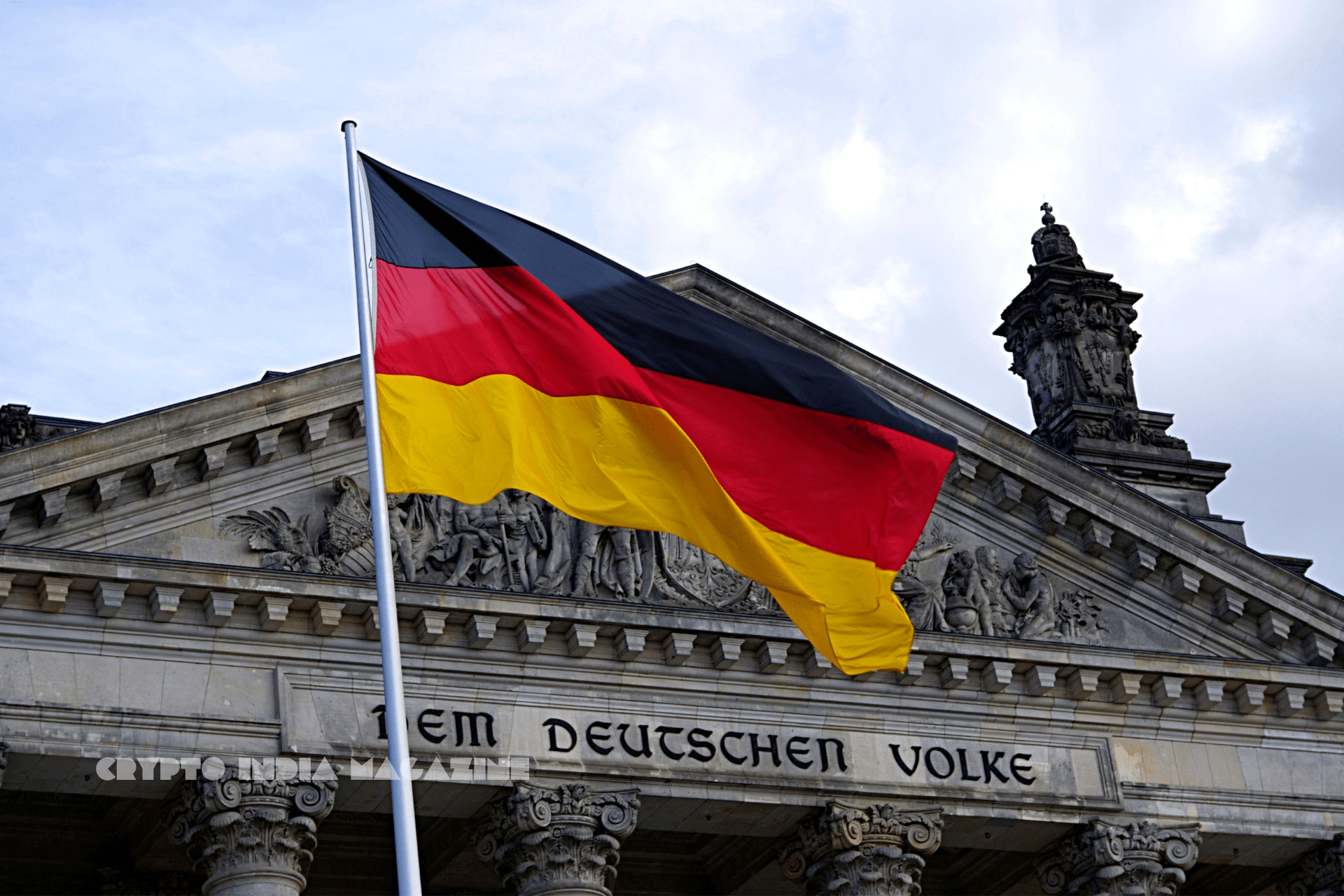
Germany’s next federal government appears to have dropped a contentious plan to increase taxes on cryptocurrency investments, as the proposal was notably absent from the final coalition agreement unveiled this week.
The suggested tax reform, initially introduced by the center-left Social Democratic Party (SPD), aimed to eliminate a one-year tax exemption on crypto gains and raise the flat tax on private capital income to 30%. The idea was to align taxation on digital assets with that of traditional financial instruments like stocks, which are currently taxed more stringently.
The proposal sparked immediate pushback from Germany’s crypto community, many of whom saw it as a step backward for the country’s emerging digital asset ecosystem. Crypto investors in Germany have long benefited from a relatively lenient tax rule: holding cryptocurrencies for over a year exempts any gains from capital gains tax.
The SPD’s plan sought to scrap this exemption, arguing it would increase state revenue and bring consistency to the tax code. “We want to tax income from cryptocurrencies like capital income,” SPD negotiators stated during the late-March talks, as reported by BTC Echo.
However, the proposal didn’t make it into the final agreement signed by the parties expected to form the new ruling coalition—namely, the center-right Christian Democratic Union (CDU), its Bavarian sister party Christian Social Union (CSU), and the SPD. Instead, the agreement outlines a broader review of existing financial regulations, including oversight of crypto assets, shadow banks, and grey capital markets, with an aim to identify and close regulatory gaps.
The coalition also expressed support for the development of a digital euro, aligning with the European Central Bank’s ongoing efforts to launch a central bank digital currency (CBDC).
“We support a digital euro that delivers real added value in both wholesale and retail trade, complements cash, protects consumer privacy, is free to use for consumers, and does not compromise financial stability,” the agreement states.
The ECB, under President Christine Lagarde, has signaled that key decisions on the digital euro will be made by October this year.
Despite political backing, skepticism among the German public remains high. A recent survey by BTC Echo found that more than two-thirds of respondents opposed the digital euro, citing concerns about surveillance, data security, and the potential erosion of financial privacy.
Germany is not alone in this sentiment. A report from Poland’s Gazeta Wyborcza noted similar doubts among Polish opposition leaders and crypto stakeholders, who also questioned the implications of the EU’s new Markets in Crypto Assets (MiCA) regulation.
Meanwhile, Germany’s Federal Ministry of Finance (BMF) issued guidance in March clarifying existing crypto tax rules. It reaffirmed that individuals who hold crypto assets for over a year before selling are not liable for taxes on gains, and that profits below €1,000 from all private sales within a calendar year remain tax-free. The BMF emphasized the importance of accurate record-keeping and reporting for all crypto transactions.
While the newly formed German government has opted not to pursue immediate tax hikes on digital assets, the coalition’s stated interest in tightening oversight suggests the regulatory landscape for crypto in Europe’s largest economy is still evolving.
Editorial Note: This news article has been written with assistance from AI. Edited & fact-checked by the Editorial Team.
🗣️ Interested in advertising with CIM? Talk to us!



